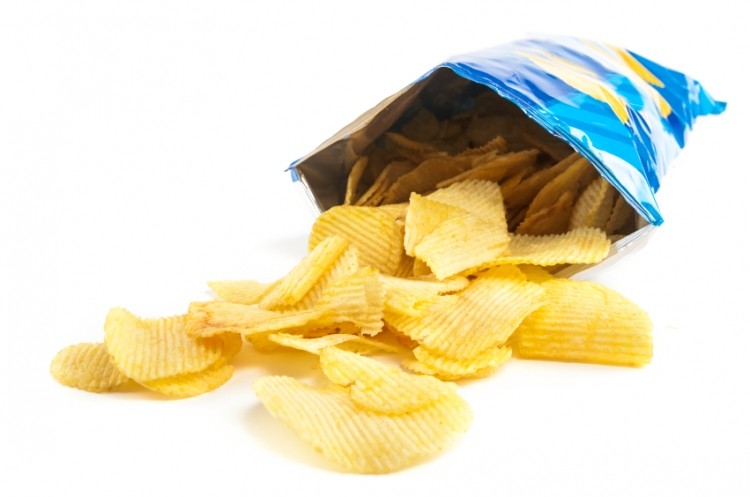Low-fat or 'light' foods encourage over-eating in the long-term

In response to the burgeoning global obesity crisis, the World Health Organisation (WHO) has called for public policies that promote low-fat, high-fibre foods, and the food industry has responded: low-fat products are now big business. According to figures from Transparency Market Research, the global low-calorie food market was worth about €6.5 billion in 2013.
But such a policy may backfire both in the short- and long-term, according to a study by Dutch researchers published in International Journal of Research in Marketing.
While previous studies have confirmed consumers’ tendencies to overconsume low-fat foods for single occasions - perceived to be less dangerous to long-term health goals - not enough research has looked at whether this trend is also true in the long-term.
The researchers suggest low-fat products may encourage consumers to adjust the amount of food they buy upwards, across categories, even for regular products.
“These results confirm the experimentally known short-term effect that low-fat choices increase food consumption. Importantly, our results also show a significant positive long-term effect. This suggests that the overconsumption effect is persistent.”
They added: “Beyond the fact that we observe a persistent over-purchasing effect using actual behavioural data, our findings also provide more support for the over-generalisation of claim effects and habit formation resulting in the enduring effect of healthy food choices. Beyond that, we show that this effect solely occurs due to the over-consumption of low-fat products, while no increase in regular product consumption is found."
“In the end, it seems that consumers and society are worse off, as the first low-fat purchase increases food consumption and calorie intake. Hence, instead of reducing the obesity problem, low-fat products may enhance this problem in the long run.”
Policymakers should be careful in embracing low-fat products as a solution to the obesity crisis, although they concede that the psychological mechanisms at play can be complex and commonly unconscious.
The study
The researchers used data from the Dutch GfK household scanner data which provides information on purchasing behaviour, product-specific health claims and calorie information, as well as market information on advertising by the companies.
They focused on chips as this category offers many low-fat versions. A total of 311 households that first purchased low-fat crisps between 2004 and 2007 were included.
Purchase histories of all the households were pooled one year before and one year after the first low-fat purchase.
They found households “significantly” increased the amount of chips purchased in the first month after the initial purchase, as well as in long-term purchase volumes.
An interesting area for future research would be to test whether the same results are found for a 'virtue' product, such as yoghurt, they say, as well as looking at other health claims beyond ‘low-fat’.
Source: International Journal of Research in Marketing
Published online ahead of print 13 May 2016, available here
“Regular or low fat? An investigation of the long-run impact of the first low-fat purchase on subsequent purchase volumes and calories”
Authors: Kathleen Cleeren, Kelly Geyskens, Peter Verhoef, Joost Pennings





















